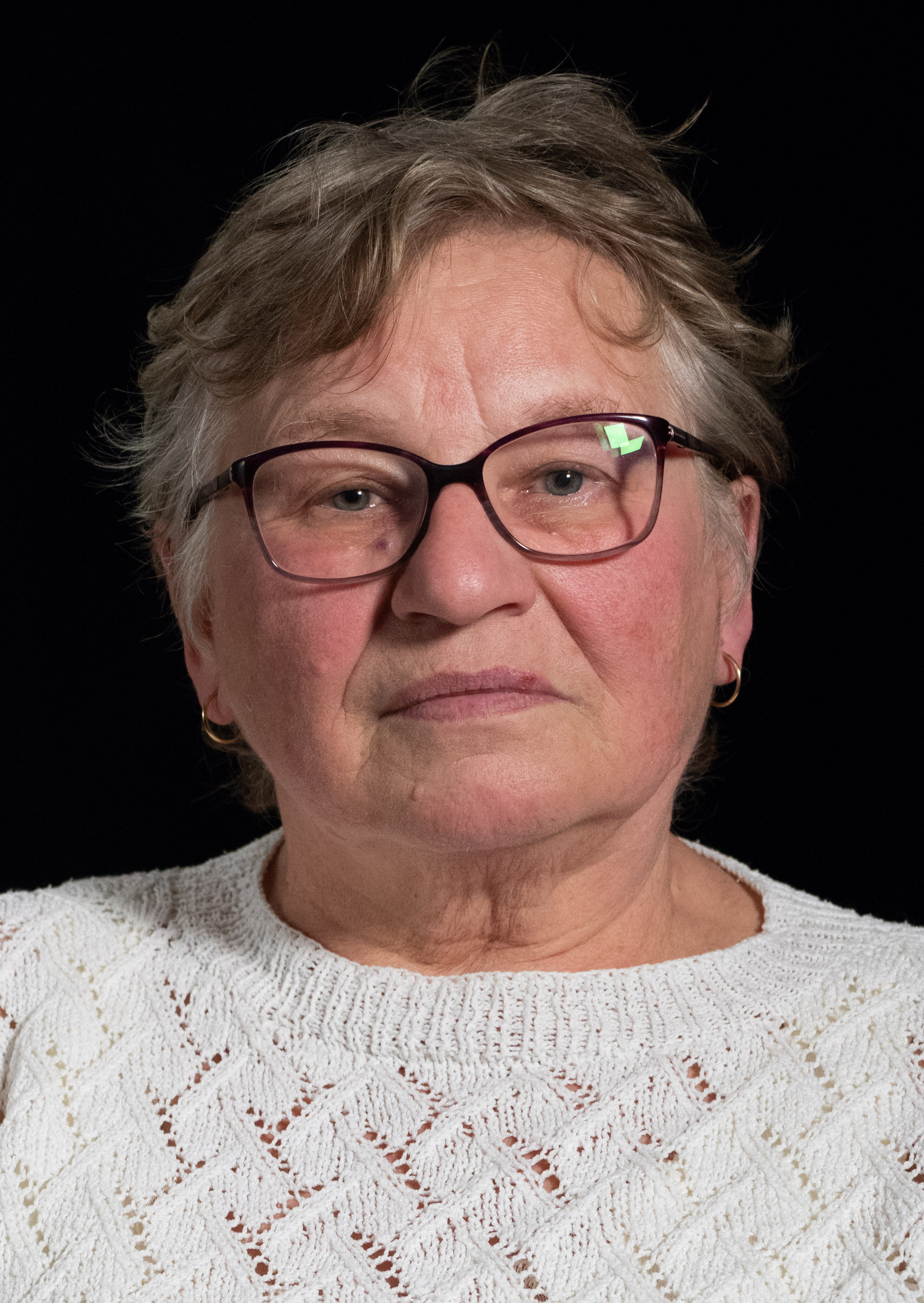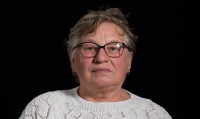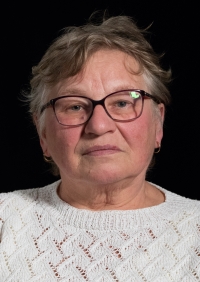They threatened to lock my mom up too and put us in a orphanage

Download image
Jindřiška Nová was born on 15 January 1946 in Pilsen to her mother Maria, née Šnajdrová, from a family of farmers, and her father Jindřich Kelíšek, who ran a drugstore in Třemošná. In April 1950, his father was arrested and subsequently sentenced in a mock trial for treason to 16 years in prison, of which he served over nine years in the camps in Jáchymov, Bytíz and Vojna near Příbram. He was released in 1959 and not fully rehabilitated until the 1990s, his family having long suffered the fate of relatives of a political prisoner. His younger sister could only train as a saleswoman, while his mother painted carriages for the Czechoslovak State Railways. Jindřiška Nová was not allowed to study at grammar school and became an electromechanic, later graduating from the secondary industrial school. In 1967 she married Josef Nová, who, as the son of a kulak, was denied access to education. He became an electrician and, after refusing to join the Communist Party, lost his job as a foreman in the apprenticeship. They raised one daughter together. Jindřiška Nová worked until 1992 in various positions in the Škodovka factory in Plzeň, for a very low salary, given her cadre materials. There she also experienced the end of the communist regime, although she had great expectations, but the post-Cold War developments eventually disappointed her. After 2000, Jindřiška Nová decided to sue for compensation for the dead and living inventory that the family had put into the unified agricultural cooperative in the 1950s. Her claim was rejected by the courts in several instances and she became trapped in a trap of debts and executions for legal costs.

